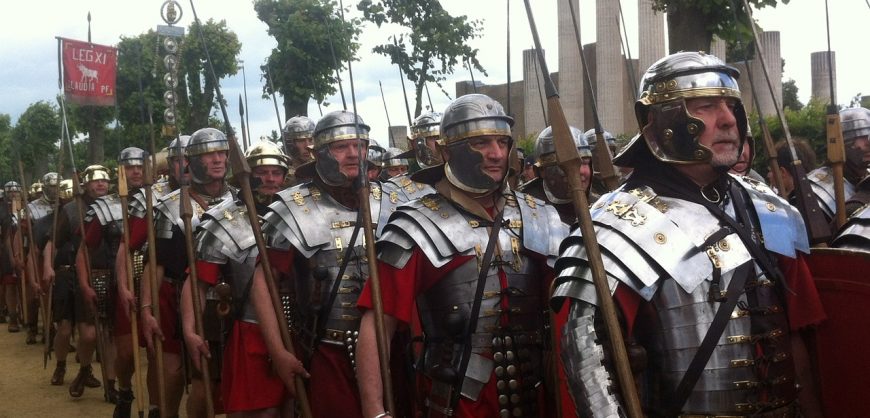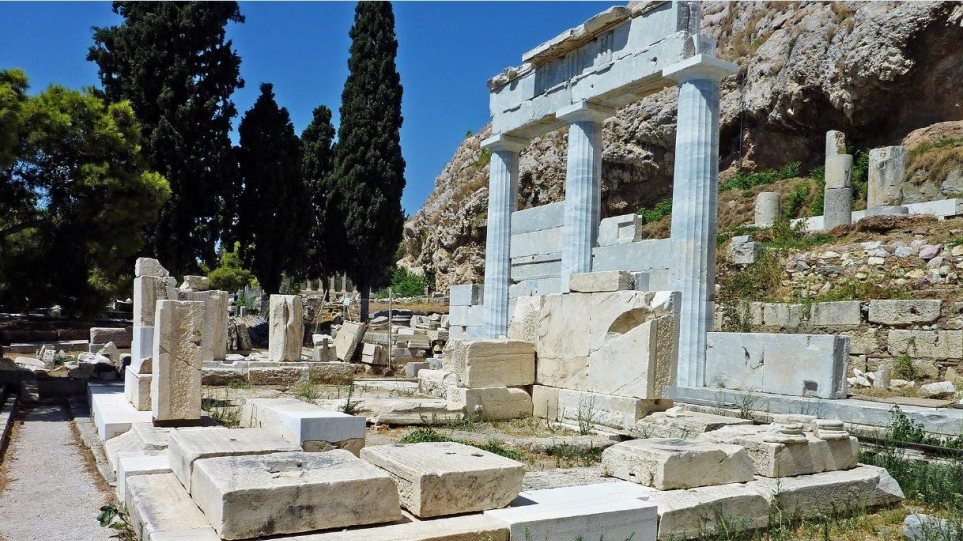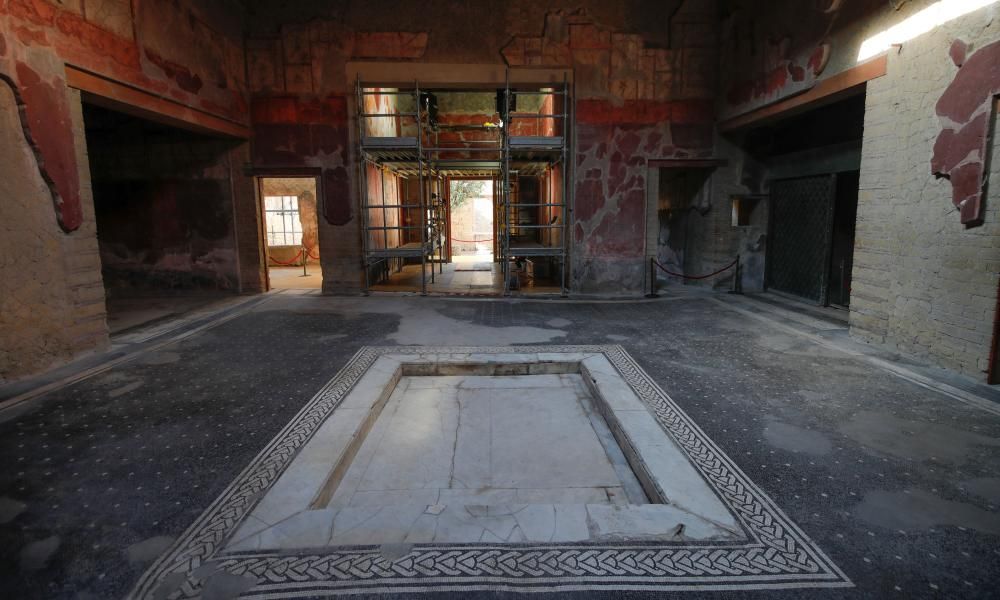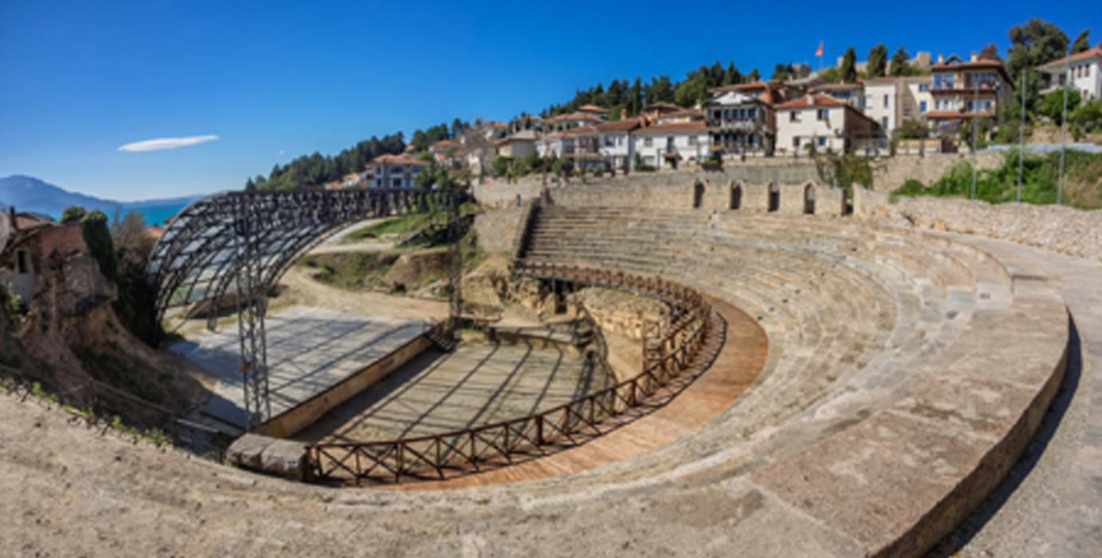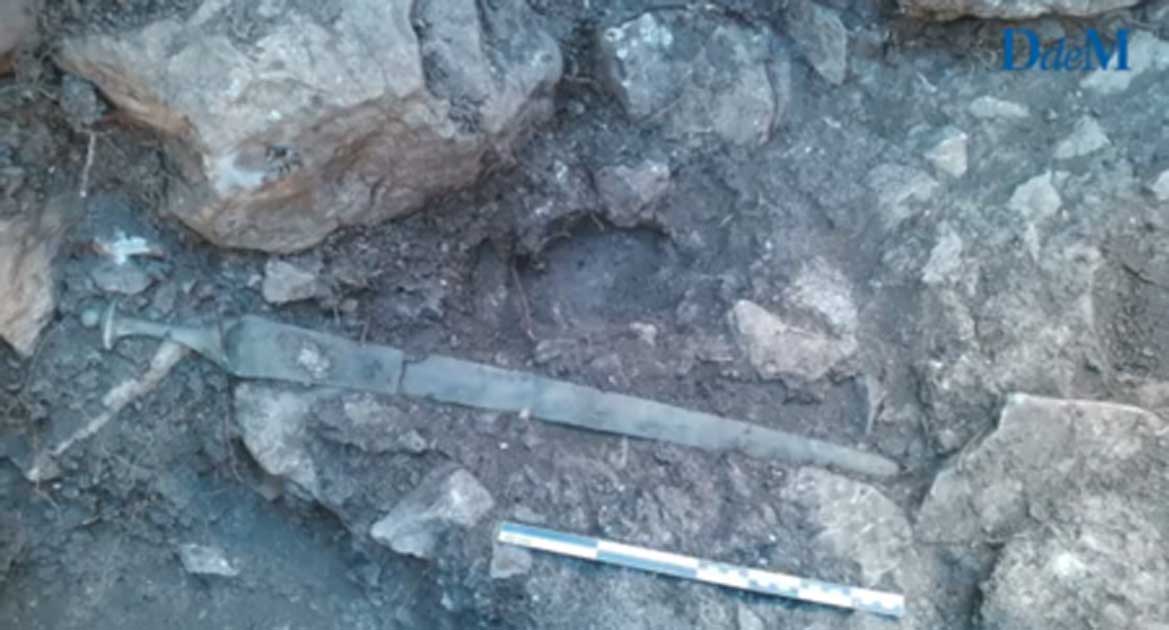An international team led by researchers from Stanford University, the University of Vienna and Sapienza University of Rome is filling in the gaps with a genetic history that shows just how much the Eternal City’s populace mirrored its sometimes tumultuous history.
The study, published Nov. 8 in Science, focuses on the ancient DNA of individuals from Rome and adjacent regions in Italy. Those genetic data reveal at least two major migrations into Rome, as well as several smaller but significant population shifts over just the last few thousand years, according to Jonathan Pritchard, a professor of genetics and biology and one of the paper’s senior authors.
Notably, DNA analysis revealed that as the Roman Empire expanded around the Mediterranean Sea , immigrants from the Near East, Europe and North Africa pulled up their roots and moved to Rome. This significantly changed the face of one of the ancient world’s first great cities, said Pritchard, who is also a member of Stanford Bio-X.
also read
DNA tests confirm ancient Philistines were from Crete
DNA data offers scientific look at 500 years of extramarital sex in western Europe
DNA Study suggests all humans may be descended from just two people
“This study shows how dynamic the past really is,” said Hannah Moots, a graduate student in anthropology and co-lead author on the new study. “In Rome we’re seeing people come from all over , in ways that correspond with historical political events .”
An analysis of some of the earliest samples more or less comports with what has been found around Europe – they represent an influx of farmers primarily descended from early agriculturalists from Turkey and Iran around 8,000 years ago, followed by a shift toward ancestry from the Ukrainian steppe somewhere between 5,000 and 3,000 years ago. By the founding of Rome , traditionally dated to 753 BC, the city’s population had grown in diversity and resembled modern European and Mediterranean peoples.
more at ancient-origins.net

